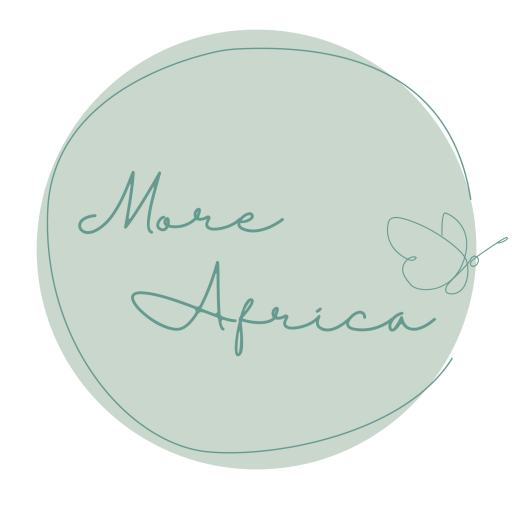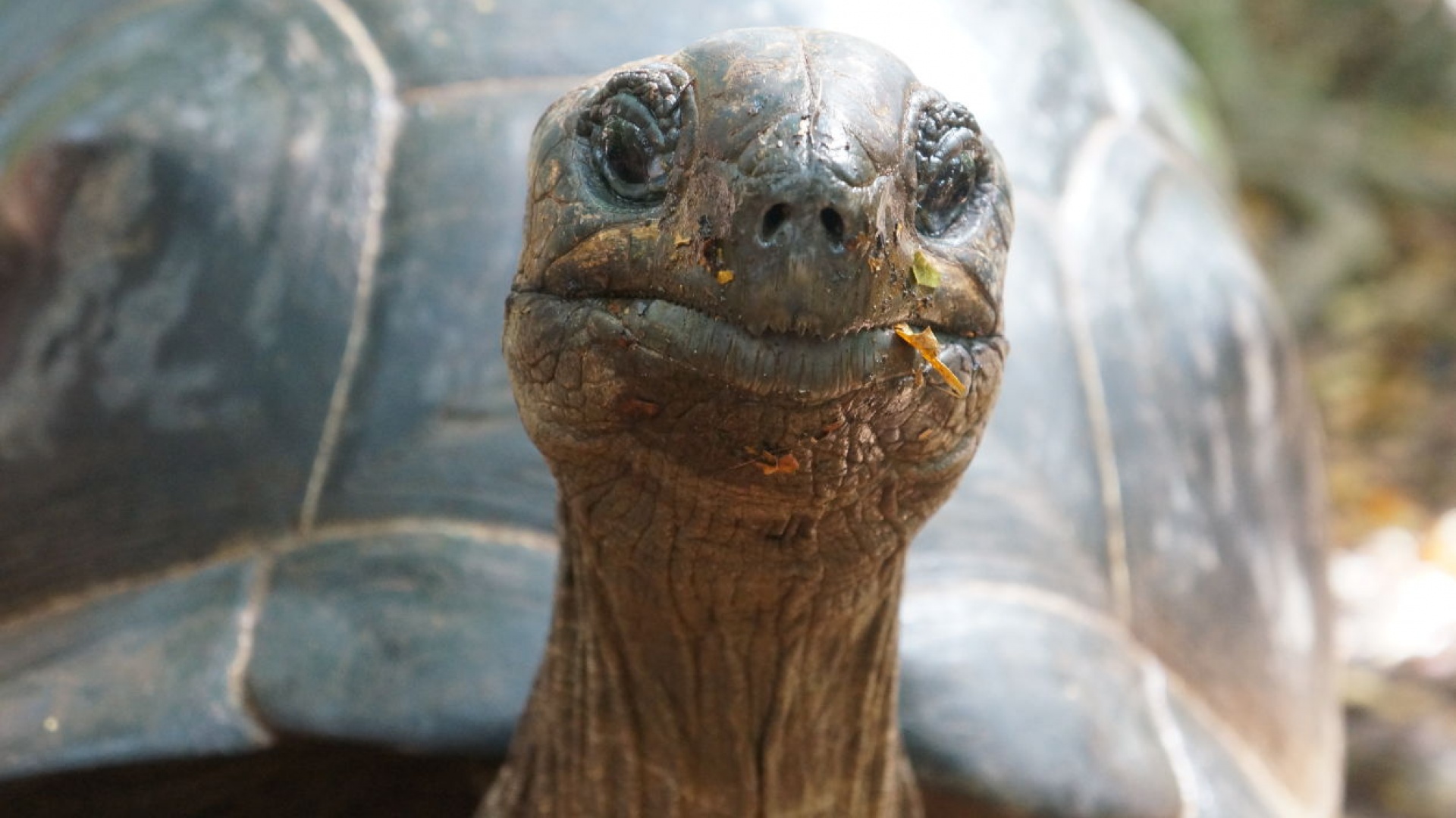What is sustainable tourism according to the regulations from UNESCO
Tourism is one of the world’s fastest growing industries and is a major source of income for many countries. Being a people-oriented industry, tourism also provides many jobs which have helped revitalise local economies.
However, like other forms of development, tourism can also cause its share of problems, such as social dislocation, loss of cultural heritage, economic dependence and ecological degradation. Learning about the impacts of tourism has led many people to seek more responsible holidays. These include various forms of alternative or sustainable tourism such as: ‘nature-based tourism’, ‘ecotourism’ and ‘cultural tourism’. Sustainable tourism is becoming so popular that some say that what we presently call ‘alternative’ will be the ‘mainstream’ in a decade.
All tourism activities of whatever motivation – holidays, business travel, conferences, adventure travel and ecotourism – need to be sustainable. Sustainable tourism is defined as “tourism that respects both local people and the traveller, cultural heritage and the environment”. It seeks to provide people with an exciting and educational holiday that is also of benefit to the people of the host country.
Objectives of sustainable tourism
-To appriciate the benefits and problems arising from various forms of tourism, especially in terms of social equity and the environment;
–To develop a critical awareness of the ways in which tourism can enhance the welfare of people and protect our natural and cultural heritage;
–To promote a personal commitment to forms of tourism that maximise rather than detract from sustainable human development and environmental quality; and
–To plan ways of teaching about sustainable tourism.
More Africa’s sustainable tips&tricks
Tourism has a big impact on Zanzibar, both positive and negative. In a positive way, tourism supports the economy, creates local jobs, creates awareness and helps to protect the National Parks. Unfortunately, also the negative effects are present. More Africa is registered as an NGO and we see it as our aim to inform tourists about the do’s and don’ts regarding sustainable tourism. In this way we try to limit the negative effects.
When you choose to stay at More Africa, we can imagine that you would like to contribute something during your stay. How to travel in a responsible way?
Children
You will find many children in Paje, and along Zanzibar, begging for pens, balls, balloons, books or even money. We understand that you want to take something for the local children, but you can imagine when every tourist gives a pen or a book, you keep encouraging the begging behavior. We see many times that parents don’t let their children go to school anymore, because begging is more profitable.
When you take something for the children, it’s best if you bring one another to a local project or a local school. You can give it to the project manager or headmaster, but not directly to the children themselves. In this way, it is fairly distributed, and you will minimize the begging behavior.
If you like to give something to a school or NGO, we will encourage you to buy this on Zanzibar. In this way you also support the local economy. Double sustainable!!
Nature and environment
Act responsible during your stay according to the nature and environment.
While snorkeling or diving, think about the vulnerability of coral and underwater life.
When you go hiking or walking in a National Park, don’t go off-road.
Photography
You will definitely shoot the most amazing pictures during your stay on Zanzibar!
Shoot! However, we will like to ask you to be discrete when it comes to pictures of people. 95% of the Zanzibari are Muslim. They believe a part of their soul will be captured in the picture. Always ask people, before you take their picture. Sometimes people don’t want you to take their picture. Please respect this.
Clothing
As a tourist, you are a guest in another country. This means you need to respect the culture and local customs.
It’s no problem to wear swimwear or shorts at the beach. However, if you visit More Africa, Stone Town or the local village of Paje, we expect that you wear appropriate clothes. Appropriate means that the shoulders and knees are covered.



